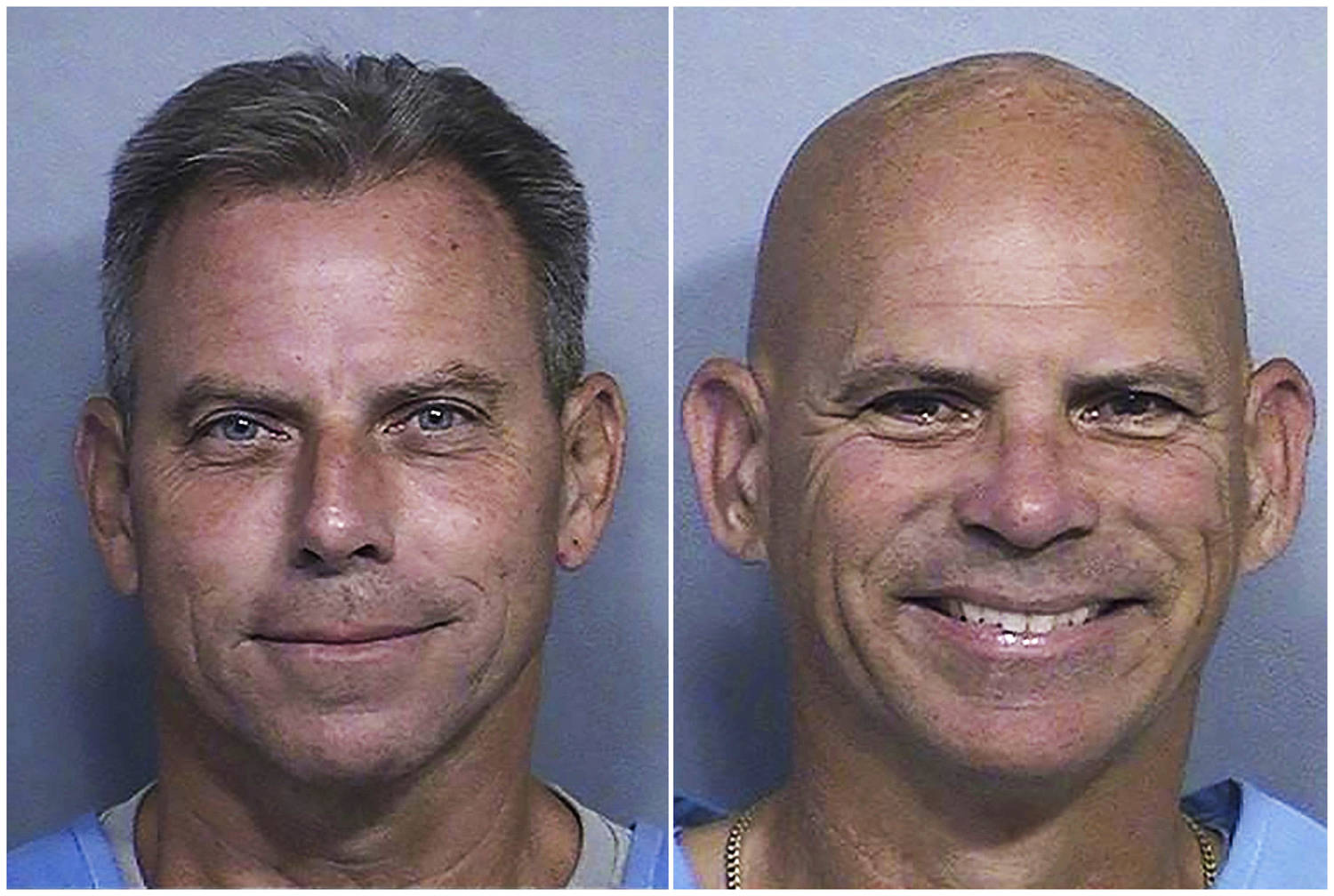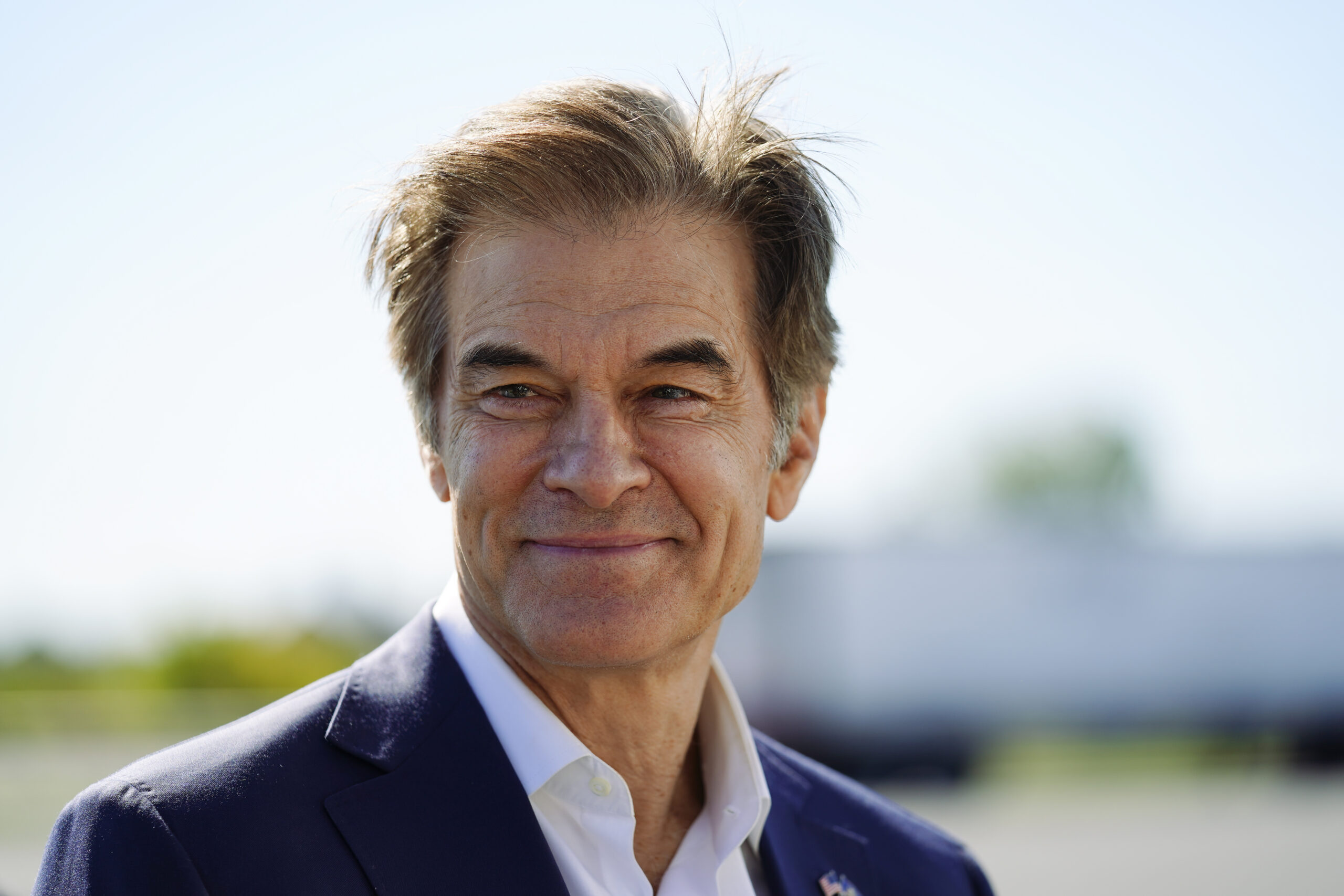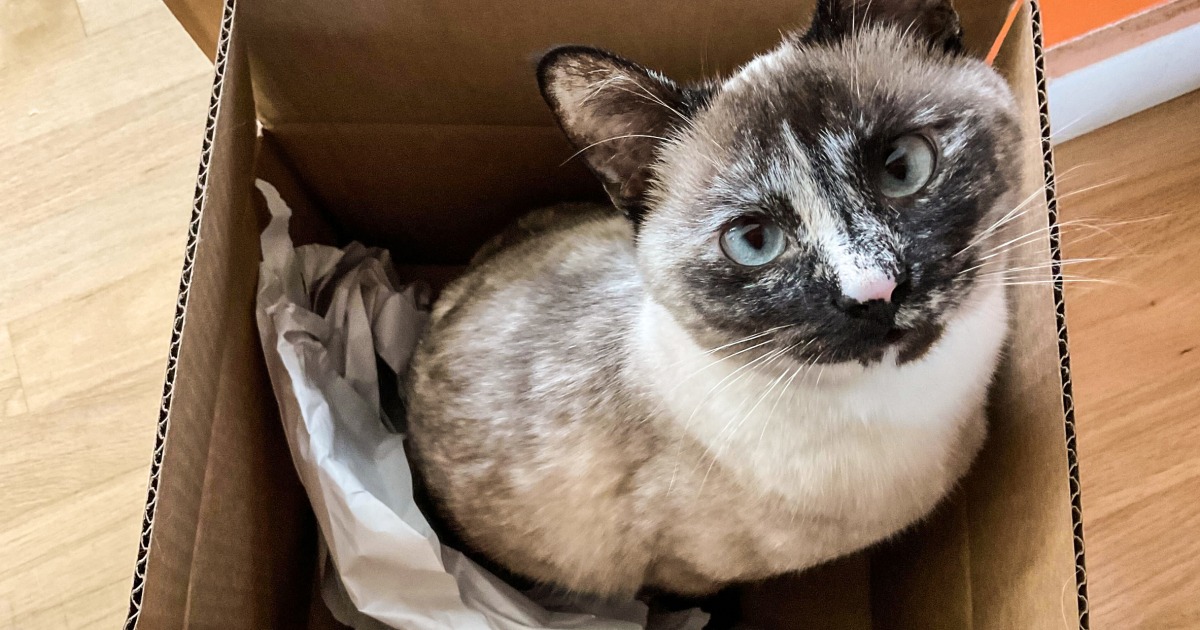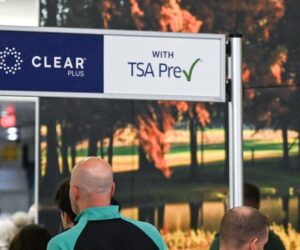
A judge’s ruling to resentence Erik and Lyle Menendez last week gave the siblings something they’ve not had in more than three decades: a chance that they could leave the Southern California prison where they’re incarcerated.
The brothers, who had been serving life sentences without the possibility of parole after a pair of sensational trials ended with convictions for their parents’ 1989 murder, can seek their release from California’s parole board after Los Angeles County Superior Court Judge Michael Jesic found they do not pose an “unreasonable risk” if released from prison.
Jesic resentenced the siblings to 50 years to life, endorsing the recommendation of former Los Angeles County District Attorney George Gascon and denying the position of his successor, Nathan Hochman, who opposed their resentencing.
Here’s what could happen next in the case, which highlighted a debate over a key issue in the criminal justice system — rehabilitation — and gained renewed attention after a Netflix miniseries and documentary about their lives.
June 13 hearing
Jesic’s ruling allows Erik, 54, and Lyle, 57, to make their case for freedom at a hearing aimed at determining whether they’re suitable for parole. Those proceedings are scheduled for June 13 — a date previously set aside for hearings in a separate effort seeking clemency from California Gov. Gavin Newsom, according to a spokesperson for the California Department of Corrections and Rehabilitation, which oversees the parole system.
“Since the ruling makes them immediately eligible for parole consideration as youth offenders, it is the Board’s intent to convert the June 13, 2025, clemency hearings to initial parole suitability hearings,” Scott Wyckoff, executive officer of Board of Parole Hearings, stated in a letter obtained by the Los Angeles Times.
In an email, the corrections department spokesperson said the board is allowing people to raise objections to the change.
Although the hearings are no longer for clemency, the brothers’ application with the governor remains active.
If the parole hearing takes place, parole commissioners will be tasked with determining whether the brothers pose an unreasonable risk of danger. Prosecutors, victims’ relatives and others can weigh in on the question.
Hochman told reporters Wednesday that someone from the district attorney’s office will attend. That representative’s level of participation will likely be dictated by the parole board, he said.
Even if the commissioners find the brothers suitable for parole, that “proposed” decision is subject to Newsom’s approval.
Asked Wednesday what he would do if the board recommends parole, Newsom declined to answer but said he often refers recommendations to the full parole board for review. He can also reverse a recommendation, he told reporters.
“Obviously, I have great respect for their judgment and the very relatively small percentage of parole applications they actually approve,” he said.
Appeal for clemency
Newsom said the process of determining whether someone is eligible for clemency or parole is similar. As part of the siblings’ clemency application, the governor asked the board to determine whether the brothers pose an unreasonable risk of danger if released.
Part of that evaluation has already been made public. During resentencing proceedings, Hochman said forensic psychologists found that the brothers posed a “moderate” risk of committing violence outside prison. Those findings were based in part on psychological evaluations and recent prison violations, Hochman said.
A lawyer for the brothers, Mark Geragos, has downplayed the violations — which include using smuggled cellphones after the resentencing proceedings were initiated — and said they do not constitute a “superstrike,” or the kind of serious crime that could suggest they pose an unreasonable risk.
Hochman opposed the brothers’ release in part because of the evaluation. He also said they had not taken full responsibility for their crimes and cited 16 “unacknowledged lies” that he said the brothers told about the murders for decades. He reiterated that position during a news conference Wednesday.
“If they can deal with the issues that cause their risk level to be increased and then finally come clean with all their lies, fraud and deceit, then they should be appropriate candidates for parole,” he said.
Speaking after their resentencing, the brothers said they had taken full responsibility and offered no justification for killing their mother, Kitty, or their father, Jose, on Aug. 20, 1989.
At trial and in media interviews afterward, including in a 2017 interview with “Dateline,” the brothers said they killed their parents in self-defense after Lyle confronted his father about sexually abusing his younger brother and Jose appeared to threaten him.
Prosecutors have long disputed this account. They described the killings as calculated and horrific — Lyle Menendez reloaded his shotgun before shooting his mother in the face — and motivated by financial gain.
Speaking Tuesday, Lyle Menendez told the court that he was “deeply ashamed” of who he was 35 years ago.
Claim of new evidence
The brothers have also sought their freedom through a third path — a petition that seeks to overturn their convictions based on what the brothers’ defense attorneys have described as new evidence in the case.
The petition, which includes a photocopied letter that Erik said he wrote to a cousin and which Geragos has said confirms Jose’s abuse of the younger sibling months before, was filed after the release of Peacock’s “Menudo + Menendez: Boys Betrayed,” which included a former member of the Puerto Rican boy band accusing Jose Menendez of raping him. (Peacock is owned by NBCUniversal, the parent company of NBC News.)
At the time, Jose Menendez was an executive with RCA Records, which had a multialbum contract with the band.
Hochman has said the evidence does not meet the standard required for a judge to order a new trial and that he opposes the petition.








